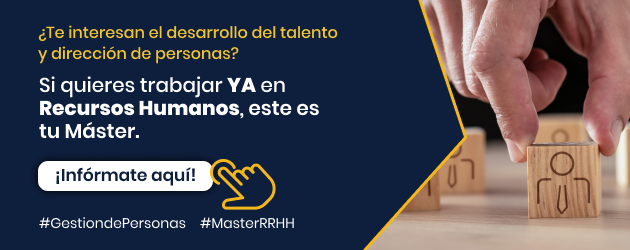In the field of Human Resources, the ability to communicate effectively is fundamental. Among the many facets of this skill, learning to say "yes" and "no" appropriately is crucial. Both decisions, when made clearly and at the right time, can open doors to significant opportunities and contribute to professional success. However, each has its own advantages and challenges.
The importance of communication for HR
Learning to Say “Yes”
Saying "yes" can be seen as a sign of openness, willingness, and collaboration. This attitude can foster positive relationships in the workplace and facilitate the building of support networks. By saying "yes" to new tasks, projects, or responsibilities, you can create opportunities for professional growth and skill development. Furthermore, displaying a positive attitude can inspire confidence and motivation in others.
However, it's important to be selective when saying "yes." Accepting too many responsibilities can lead to burnout and a dispersion of resources. A lack of clear boundaries can result in an overwhelming workload and negatively impact performance. Therefore, it's crucial to develop the ability to evaluate each request and determine if it aligns with individual goals and capabilities.
Empathy plays a key role in saying "yes." It's important to understand the needs and expectations of others, but also to recognize personal implications and limitations. By practicing empathy, you can communicate a refusal in a respectful and understanding manner, thus maintaining healthy working relationships.
Learning to Say “No”
Saying "no" can be difficult, but it's essential for establishing clear boundaries and protecting personal time and resources within the organization. Learning to say "no" assertively and respectfully is a key skill in HR. By setting clear boundaries, you can avoid burnout and maintain a healthy work-life balance.
Saying "no" can also be an opportunity to practice effective decision-making. By objectively evaluating each request and considering its impact on personal and organizational goals, informed and strategic decisions can be made. This can contribute to developing a strong professional reputation based on integrity and authenticity.
However, saying "no" can lead to conflict or misunderstandings if not handled properly. It's important to communicate your refusal clearly and respectfully, offering an explanation if necessary. Empathy plays a crucial role when saying "no," as it allows you to understand the perspectives and needs of others while upholding your own boundaries.
A key competency in this process is assertiveness, understood as the ability that allows people to express their emotions appropriately, without hostility or aggression, in front of another person or group of people. Those who possess this quality express their opinions and feelings, both positive and negative, directly and appropriately. In this way, the person combines the ability to put themselves in the other party's shoes through empathy, but also the freedom to make their own decisions and communicate them assertively, thus respecting the rights and freedoms of all parties.
With this information, we can conclude by highlighting that learning to say "yes" and "no" effectively are essential skills in the HR field. Saying "yes" can open doors to new opportunities and foster positive relationships, while saying "no" is essential for establishing clear boundaries and protecting personal and professional well-being. Both decisions require a balance of empathy and assertiveness, as well as a careful assessment of individual implications and limitations. By mastering these skills, you can contribute to personal and organizational success in today's dynamic workplace.
Discover everything about Human Resources in our blog
Nestor Cruz del Rosario




































